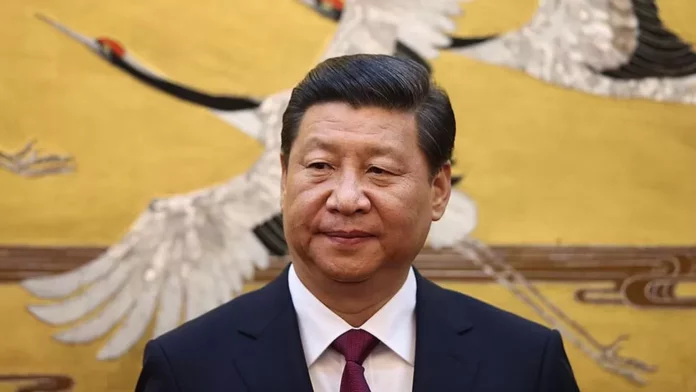Recent official data reveals a noteworthy economic trend, as foreign businesses are withdrawing funds from China at a faster pace than they are investing, marking the first deficit in foreign investment in the country since records began in 1998. China’s economic landscape, characterized by a slowdown, low interest rates, and geopolitical tensions, especially with the US, has led to doubts about its economic potential. This shift is gaining attention in anticipation of a crucial meeting between Chinese leader Xi Jinping and US President Joe Biden.
Several factors contribute to this trend, including anxieties surrounding geopolitical risks, uncertainties in domestic policies, and concerns about slower economic growth. Nick Marro from the Economist Intelligence Unit (EIU) suggests that these factors are compelling companies to consider alternative markets. The $11.8 billion deficit in foreign investment during the third quarter signifies that foreign companies are not reinvesting their profits in China but are instead moving funds out of the country.
Companies are opting for caution amid uncertainties, and the economic slowdown in China has prompted proactive measures. For instance, Swiss industrial machinery manufacturer Oerlikon withdrew 250 million francs ($277 million) from China last year, citing expectations of the economic slowdown impacting their business. Despite the challenges, China remains a key market for Oerlikon, which has close to 2,000 employees across the country.
The challenges posed by the strict pandemic lockdowns, particularly through China’s “zero-Covid” policy, have impacted various businesses operating in the country. Major companies, including technology giant Apple, faced disruptions in their supply chains, prompting some to diversify their production locations.
The increasing tensions between China and the US, marked by export restrictions and geopolitical issues, have further fueled the shift in corporate strategies. While many multinational firms with long-standing presence in China are not completely withdrawing, there is a noticeable reassessment in terms of new investments.
Another significant factor contributing to the trend is the impact of interest rates. China’s decision to cut the cost of borrowing to support its economy stands in contrast to the global trend of rising interest rates by major central banks. This divergence has led businesses to consider the higher returns offered by other countries, as foreign companies are increasingly transferring funds overseas.
The European Union Chamber of Commerce in China notes that companies are choosing to spend excess cash and earnings outside of China, where they can achieve a higher investment return compared to investments within the country. The withdrawal of profits, in many cases, is considered part of companies’ long-term cycles, where profits are taken out once projects reach specific scales and profitability.
This economic shift, reflected in the withdrawal of profits, is not necessarily an indication of dissatisfaction with China but rather suggests that investments have matured. It also demonstrates companies’ ability to integrate their China operations into global strategies. For instance, Canada-based aerospace electronics company Firan Technology Group withdrew excess cash from China while continuing to invest and grow its business in the country.
As China faces economic headwinds, businesses are navigating uncertainties and adjusting their strategies to adapt to evolving global dynamics. The ongoing geopolitical and economic developments will likely shape the trajectory of foreign investment in China in the coming months.







